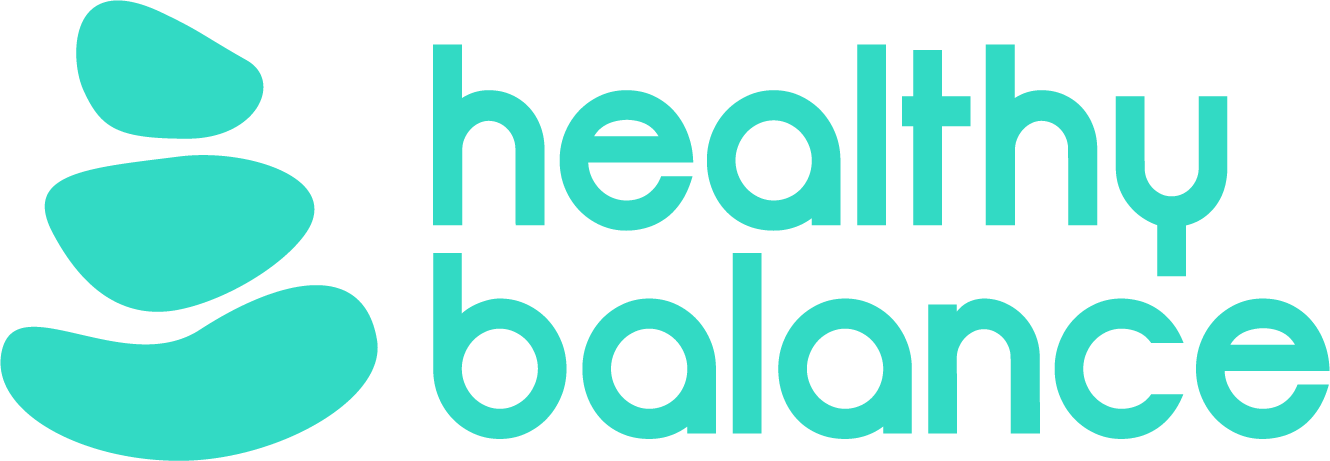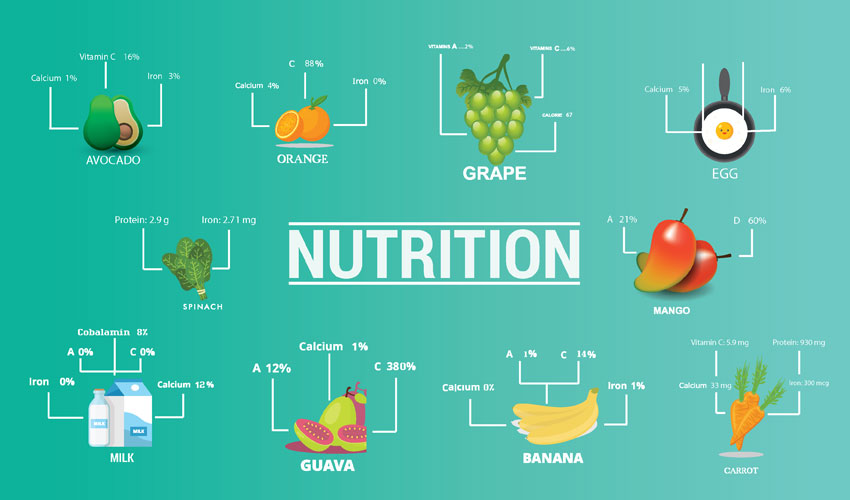When it comes to health and wellness, nutrition is key. And making great changes to your diet can have a profound impact on everything from your energy levels to your mood.
A lot of people are fixated on eating all the “right” foods and following some perfect diet plan, when really, all they needed is to focus on making small changes that would fit into their lives.
So here’s small, simple changes that anyone can make to their diet that will have a big impact on their health:
Table of Contents
Eat more vegetables.
You’ve heard this one a million times. But there’s a reason why eating more vegetables is always at the top of the list when it comes to healthy eating advice. Vegetables are packed with vitamins, minerals, and fiber, and they’re low in calories. Eating a diet rich in vegetables has been linked with lower rates of heart disease, diabetes, and cancer.
So how can you make sure you’re eating enough vegetables? One easy way is to make sure that half of your plate at every meal is filled with veggies. If you’re not used to eating that many vegetables, start by adding an extra serving at each meal, or substituting a side of fries for a side salad. Small changes like these can make a big difference in your vegetable intake.
Cut back on processed foods.
Processed foods are foods that have been altered from their natural state, usually in order to extend their shelf life or make them more convenient to eat. Examples of processed foods include packaged snacks, deli meats, and frozen dinners. These foods are often high in unhealthy ingredients like salt, sugar, and refined grains. Cutting back on processed foods is a great way to improve your diet because it can help you eat more whole, unprocessed foods.
Make time for breakfast.
Skipping breakfast is a common diet mistake because it can make it harder to control your hunger later in the day. When you skip breakfast, you’re more likely to reach for unhealthy snacks later on. But when you eat a healthy breakfast, you’re giving your body the fuel it needs to start the day. This can help you make better food choices throughout the day and stick to your healthy eating goals.
Aim to eat a breakfast that includes protein, fiber, and healthy fats. This combination will help keep you feeling full and satisfied until lunchtime. If you’re not used to eating breakfast, start by adding one simple item to your morning routine, like a piece of fruit or a hard-boiled egg. Once you’re in the habit of eating breakfast, you can start to add more items to your plate.
Drink water instead of sugary drinks.
Sugary drinks like soda, sports drinks, and juice are some of the most calorie-dense beverages you can consume. And because they’re high in sugar and calories, they can contribute to weight gain and other health problems. Water, on the other hand, is calorie-free and can help you stay hydrated throughout the day. It’s also essential for many of your body’s functions, including digestion, circulation, and temperature regulation.
Eat more fiber-rich foods.
Fiber is a type of carbohydrate that the body cannot digest. It’s found in plant-based foods like fruits, vegetables, and whole grains. There are two types of fiber: soluble and insoluble. Soluble fiber dissolves in water and can help slow down digestion. This type of fiber is found in oats, barley, and legumes. Fiber can help with weight loss, and it’s been linked to a lower risk of heart disease, diabetes, and some types of cancer.
Limit your intake of saturated and trans fats.
Saturated and trans fats are types of unhealthy fats that can raise your cholesterol levels and increase your risk of heart disease. These fats are found in processed foods, like baked goods, fast food, and some types of margarine. To limit your intake of saturated and trans fats, try to avoid processed foods as much as possible. When you do eat processed foods, make sure to check the nutrition facts label. This can help you identify which foods are high in these unhealthy fats.
Eat more plant-based proteins.
Protein is an important nutrient that helps build and repair tissues, produce hormones, and support immunity. It’s found in both animal- and plant-based foods. Animal-based proteins like meat, poultry, and fish are good sources of protein. But they can also be high in saturated and trans fats.
If you’re looking for an organic and innovative way to get more protein in your diet, grass fed whey protein is the perfect way to get all the benefits of protein without any of the drawbacks. It’s a complete source of protein, meaning it contains all the essential amino acids your body needs to function optimally. It’s also easily digestible and has a high absorption rate, so you’ll be getting the most out of each serving.
Cut back on added sugars.
Added sugars are sweeteners that are added to foods during processing or preparation. These sugars are found in a variety of foods, including candy, cookies, cakes, and soda. Added sugars are empty calories that can contribute to weight gain. They’re also associated with an increased risk of heart disease, diabetes, and some types of cancer. To cut back on added sugars, try to avoid processed foods as much as possible. When you do eat processed foods, check the nutrition facts label. This can help you identify which foods are high in added sugars.
Drink plenty of water.
Water is essential for good health. It helps your body function properly and stay hydrated. Adults should drink at least 8 glasses of water per day. You can also get water from other beverages, like unsweetened coffee and tea. And you can get it from foods, like fruits and vegetables. If you’re not getting enough water, you may be at risk for dehydration. Symptoms of dehydration include fatigue, headache, and dizziness. To avoid dehydration, make sure to drink plenty of fluids throughout the day.
10. Don’t forget about exercise!
Exercise is an important part of a healthy lifestyle. It can help you control your weight, reduce your risk of chronic diseases, improve your mental health, and keep your hormones in check. Adults should aim for at least 150 minutes of moderate-intensity aerobic activity per week. This can be broken up into 30 minutes per day, 5 days per week. You can also do vigorous-intensity aerobic activity for 75 minutes per week, or a combination of both. “Exercise is an important part of a healthy lifestyle, and women’s health is no exception. Naturopathy can be very effective in treating women’s hormone imbalances, and exercise is a great way to keep your hormones in check”, suggests a female hormone specialist.
Final Thoughts
So if you’re looking to feel better and perform at your best, start with your diet. It might just be the best decision you ever make. Making these lifestyle changes can help you improve your health and reduce your risk of chronic diseases. So don’t wait, start making healthy changes today!






